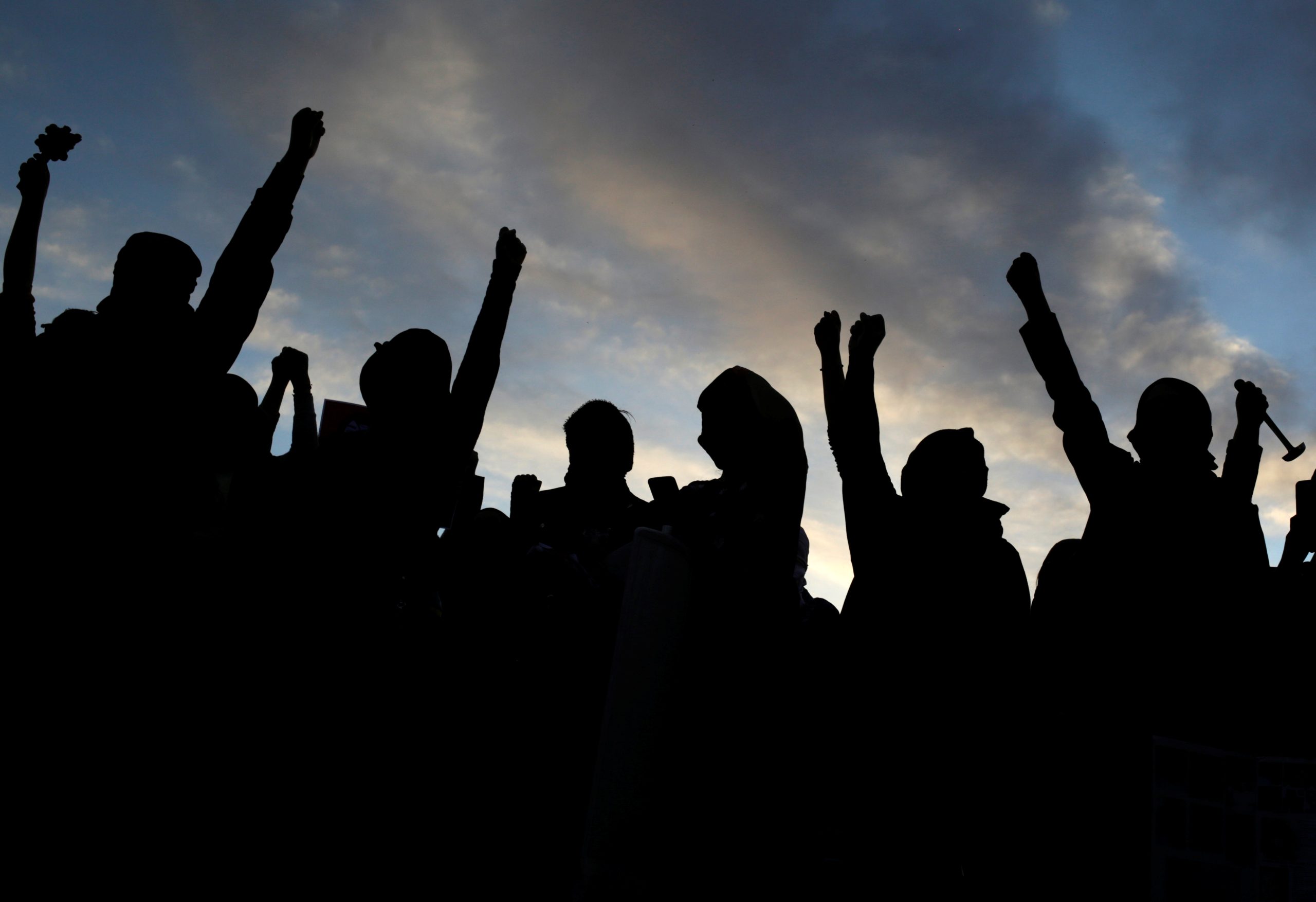A protest rally was held in Quetta on Tuesday against the continued detention of Dr Mahrang Baloch, a prominent human rights activist and central organizer of the Baloch Yakjehti Committee (BYC), along with other members of the group.
The demonstration, organised on BYC’s central call, drew a significant number of participants, including women and children. Protesters carried photographs of forcibly disappeared individuals and banners bearing the names of detained leaders, and called on international organizations to take notice of ongoing human rights violations in Balochistan.
In a statement, BYC said the protest had been planned as a peaceful gathering in an open field near Shahwani Stadium. However, the group accused the provincial government, Quetta administration, police, and Counter-Terrorism Department (CTD) of launching a preemptive crackdown to suppress the rally.
The group alleged that a “separate legal standard” exists for the Baloch, under which speaking out against injustice or demanding basic rights often results in arrest, enforced disappearance, or death. In contrast, it claimed, pro-state political parties and groups are allowed to hold public rallies without restriction.
BYC criticized what it called a “double standard,” pointing out that rallies in support of Palestine are permitted even near Quetta’s Red Zone, while Baloch protesters are not allowed to demonstrate peacefully, even in remote or designated areas.
The group also accused authorities of hypocrisy. “Previously,” the statement read, “the administration claimed BYC protests caused public inconvenience by blocking roads. They directed us to protest only at designated sites like the Press Club or Shahwani Stadium. But this time, even when no roads were blocked, police moved to sabotage the protest.”
BYC claimed that more than a dozen people were arrested ahead of the gathering. Heavy police patrols and armoured vehicles were reportedly deployed across the Sariab area, including around the University of Balochistan.
The group called on the Baloch public to resist what it described as an “inhuman, illegal, and colonial system,” and to expose the “discriminatory treatment by the state.”
“When every tongue raises questions,” the statement said, “how many can the state silence? We will continue to raise our voices.”

